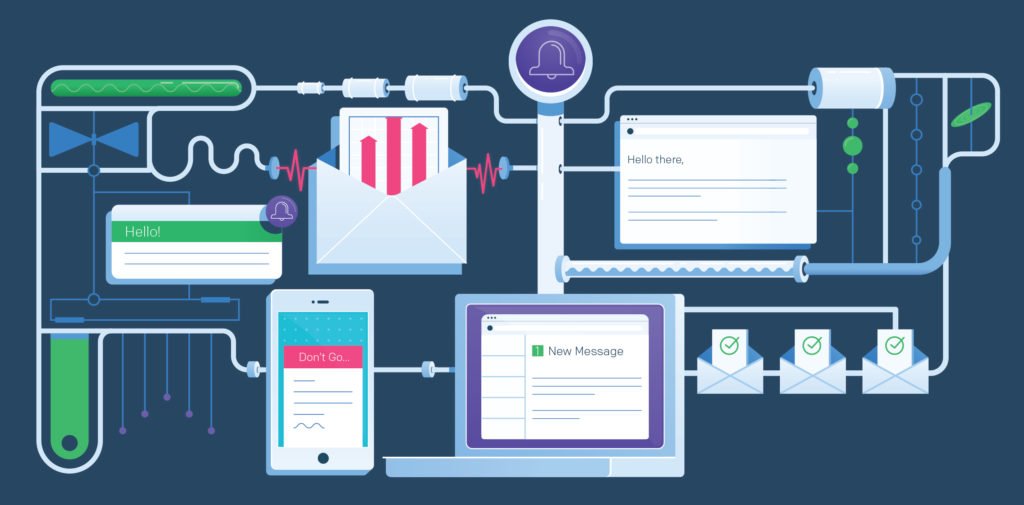The Email Renaissance
The email inbox has been undergoing a renaissance for the better part of a decade. At first the changes were small and a matter of necessity. Then iOS and Android came along which meant that the inbox was no longer just on our laptops but in everyone’s pocket. Email had to adapt to new platforms, formats, and ways of being used and consumed. Last year, Google announced the general availability of AMP for Email. The new standard is being adopted by other mailbox providers solidifying the fact that the inbox is becoming more interactive.
These new form factors, interactivity, and functionality are all being built with the understanding that the inboxes of tomorrow must be more secure than ever before. Email authentication is quickly becoming not only a best practice, but a prerequisite for senders hoping to engage their recipients in new and unique ways.
BIMI
The next major evolution for the inbox is that it is poised to make a significant impact on both the sending community and recipients that rely on email to track online commerce, manage their accounts and countless other use cases. Brand Indicators for Message Identification (BIMI), has been under development for several years. BIMI is a brave new standard that will allow legitimate senders to publish a brand logo in DNS and have it displayed alongside their email in the list view of the world’s largest mailbox providers. Yahoo Mail has been running a BIMI pilot since mid-2018, and in the summer of 2019, Google announced its support for BIMI by joining the Authindicators Working Group and announcing a 2020 pilot in Gmail. This makes BIMI the new must have standard when it is released for every company that values greater brand recognition in their recipients’ inboxes.
BIMI improves visibility and engagement for brands that take the time to properly authenticate their email, making the email ecosystem safer and providing a richer inbox experience. When poor sending practices are used, question marks, phishhooks, and other iconography appear next to an email. BIMI allows brands to control what is displayed next to their messages when senders take the time to configure, publish, and align their email authentication records. Gmail, Yahoo! and others have been part of an effort to make the inbox a more visual place, while greatly improving the security and authenticity of the messages we receive and depend on.
And even more exciting for Twilio SendGrid customers, early data from the Yahoo Mail pilot show increased engagement with emails that display a BIMI logo–on average yielding a 10% increase in open rates.
At the end of 2019, Twilio SendGrid joined the Authindicators Working Group because we believe a safer inbox is not only critical to the success of every sender on the planet, but it makes the internet a better place. We are excited to be part of this working group that has been diligently working over the years to improve the utility, engagement, and experience enjoyed by email recipients around the world. During the coming quarters we will endeavor to help prepare our customers to take advantage of BIMI as its rolled out, tested, and part of how we experience email in the future.
Resources
- Click here for more information on BIMI
- Click here for more information on email authentication
- Click here to learn how to setup email authentication within Twilio SendGrid
- Click here to learn about SendGrid and Google AMP for Email
